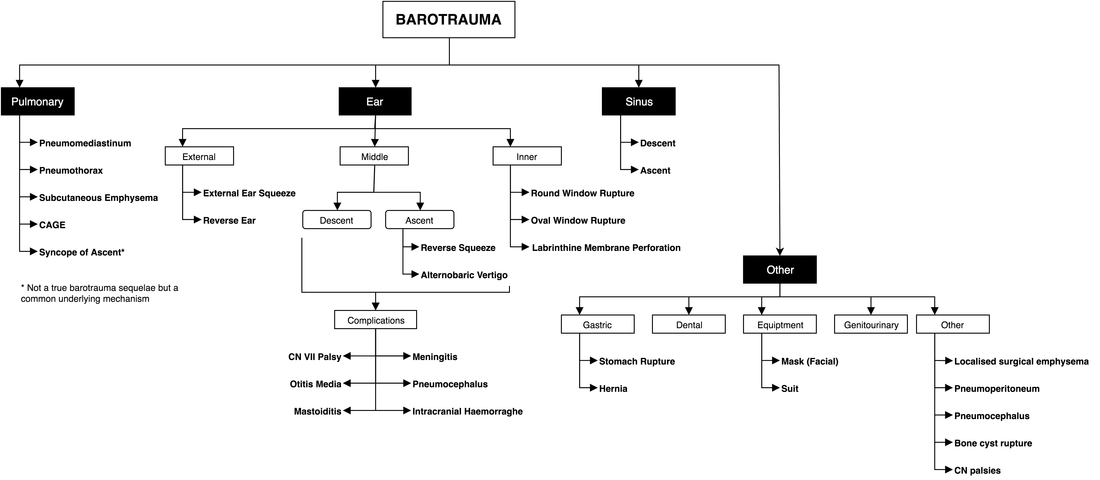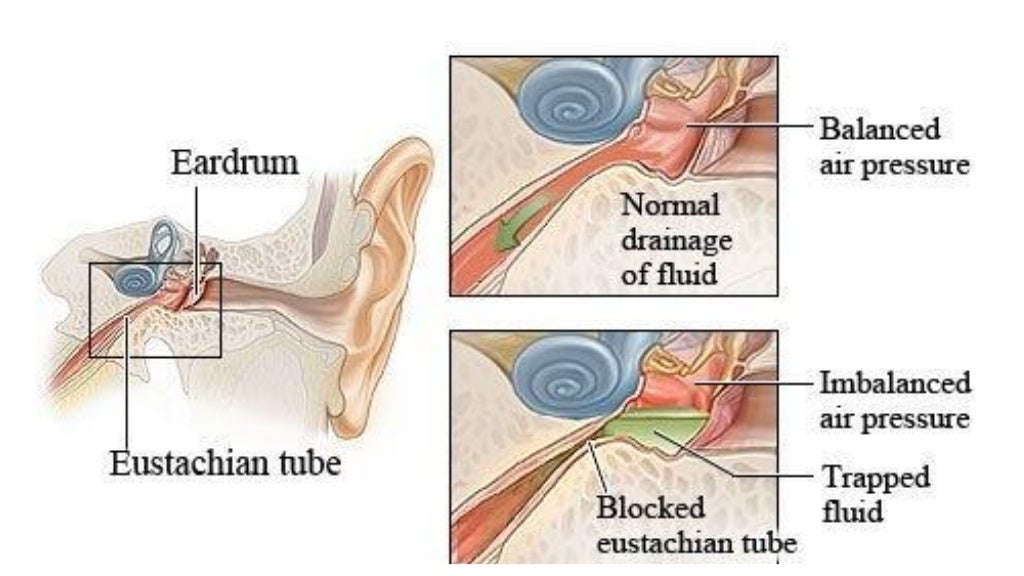


#BAROTRAUMA EAR BOMBING HOW TO#
"Know how to Prevent the Dangers of Scuba Diving." Daily Scuba. "Common Ear Injuries While Diving." Alert Diver, Jan/Feb 1999. "Pulmonary Barotrauma." Scuba Doc.com, 2010. "Middle Ear Barotrauma." Scuba Doc, 2009. It's possible that your trauma goes further into the ear than most of these injuries usually do. If you're not sure about the severity of your injury, or you're experiencing vertigo symptoms, consult a physician. More holistic patients have also reported luck with candling - a non-medical treatment in which heat is used to draw blockages out of the ear - although reports on the safety and usefulness of this old practice vary. In rare cases, or when other things like infections are also part of the problem, doctors may insert short-term tubes to help drain the fluid buildup. Nine took place while still underwater, and four cases developed within 10 minutes of surfacing. Navy report showed that, in 24 cases of pulmonary barotrauma that were studied, nearly half showed symptoms within one minute of reaching the surface. If you're with someone who complains of chest pains, exhibits stroke-type symptoms, loses consciousness, or otherwise has a traumatic reaction after surfacing, you can at least suspect they're having a lung-related barotrauma and are in need of immediate aid. Remembering not to panic - and resisting the urge to take large gulps of air - is another part of the training, which also includes some hard-and-fast rules: Never hold your breath underwater, ascend fewer than 30 feet (9.1 meters) each minute, and always keep an eye on your air supply.įor the more serious pressure-related injuries - overfilled lungs, " the bends," or gastric barotrauma - divers tend to exhibit dramatic symptoms immediately. While pulmonary barotrauma such as this can also take place to a lesser degree, resulting in minor symptoms, it's still damaging. If you're having lung problems - chronic ones like asthma, or even just a cold - you're going to have more trouble regulating that pressure.Īs a diver, you're cautioned never to hold your breath, because it could cause your lungs to balloon up, essentially, which can be incredibly painful and cause real damage to your respiratory system.

Divers have a much higher danger of other types of barotrauma, because going underwater also involves a difference between the air in your lungs and the pressure of the water outside you. Both cases involve tremendous changes in pressure that could affect lots of parts of your body, but in practice it's usually the ears that suffer.įor scuba divers, it's key to your certification that you understand how barotrauma works, what it's doing to you, and how you can avoid it. You can get into pressure trouble on airplanes, as you've probably noticed, as well as diving even just a few feet. The eardrum is the only part of your body that depends entirely on pressure and vibrations to work - it's also tiny, delicate and very sensitive - which makes it a common victim of this situation. While more serious types of pressure-related injuries are possible throughout the body, ear barotrauma is the most common injury of this type, because of the mechanics of your ear membranes. Usually, when people talk about barotrauma in this context, they mean ear barotrauma. Technically, the word barotrauma refers to any injury resulting from a change in pressure ("baro," as in "barometer") on either side of a bodily membrane. The ear pain many experience during airline travel is a common form of barotrauma.


 0 kommentar(er)
0 kommentar(er)
